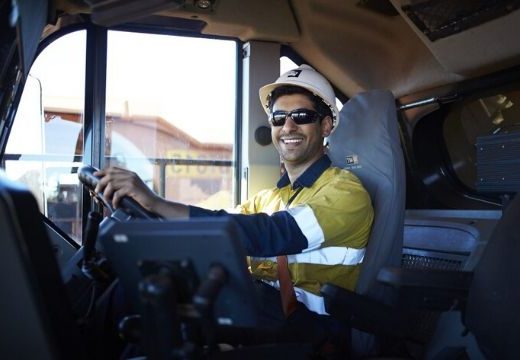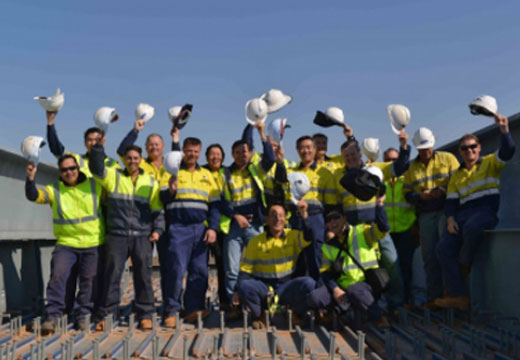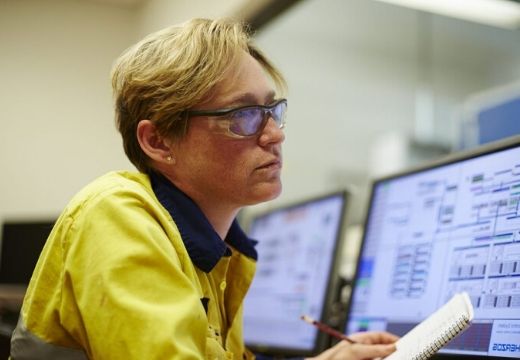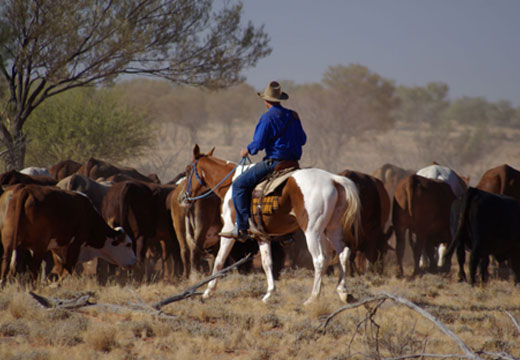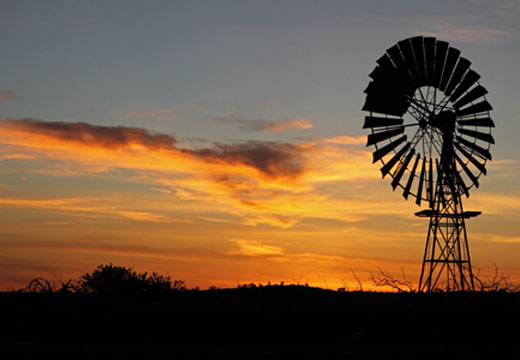Currently, only 3 per cent of pensioners work in Australia, compared to 25 per cent in New Zealand. This is not because pensioners in Australia do not want to work. Research has shown that around one in five want to work, but do not, because of unfair tax and red tape barriers.The solution is to follow New Zealand’s approach by removing all red tape on pensioners, students, and veterans. This would mean that these Australians could earn as much income as they would want, without losing their pension payments or welfare benefits. Of course, they would still pay income tax like every other Australian worker. Removing all red-tape and barriers for Australian pensioners, veterans, and students to get back into the workforce, without suffering significant financial penalties, is a simple and effective policy measure that is good for them and good for our nation. More Australians working means higher government revenue through income tax, GST, and payroll tax, which can be reinvested into infrastructure and used to pay down our debt.
Read moreKazakhstan to Introduce Roadmap to Increase Efficiency in SEZs | Govt plans one-stop service for SEZs
17 January 2023.
Read moreAn Insight Into SEZs
Special Economic Zones (SEZs) were established in many countries as testing grounds for the implementation of liberal market economy principles. While viewed as economic policy tools for enhancing the acceptability and credibility of industrial transformation policies, attracting domestic and foreign investment and also for the opening up of the economy, SEZs also seek to promote the value addition component in exports, generate employment, encourage import substitution as well as mobilise foreign exchange in the countries for Balance of Payments support.
Read moreWorld Free Zones Organization November 2021 newsletter
The World Free Zones Organization (World FZO) is a global not-for-profit organization that provides one authoritative, collective voice representing the interests of free zones around the world. The World FZO was launched in Dubai, UAE, in May 2014, by its 14 founding members and under the auspices of His Highness Sheikh Mohammed bin Rashid Al Maktoum, Vice President and Prime Minister of the UAE, and Ruler of Dubai. Registered in Geneva and headquartered in Dubai, the World FZO is the only truly international, multi-lateral organization for zones in the world today.
Read moreAustralian resources and energy keep export dollars flowing
“These latest quarterly figures show Australia’s resources are the gifts that keep on giving,” Minister Pitt said. “Our resources exports continue to bring hundreds of billions of dollars into the country and keep thousands of Australians in high-value, high-skilled jobs – particularly in regional Australia. “Just as iron ore’s incredibly strong run cools, soaring demand for our coal and liquefied natural gas is fuelling a surge in export revenues.
Read moreSolar a costly exercise: Gina
AUSTRALIA’S richest woman, Gina Rinehart, is warning that rushing to reduce greenhouse emissions without proper costings could imperil family farmers and cost taxpayers “billions in subsidies”. The mining and pastoral tycoon has outlined her particular concern that family farmers who have endured years of drought, bushfires and Covid-19 do not have spare cash, so cannot afford to invest to change to renewable energy. Mrs Rinehart said costings should be the first priority and urged the Federal Government to “stand firm” until these had been properly assessed and made public.
Read moreInfrastructure key to regional boom
The report says improving regional connectivity is critical to unlocking additional growth and backs a staged investment in transport infrastructure aimed at supporting economic diversification and sustainable population growth. It says this strengthens the case for modern, fast rail improvements. Mass movements of people from cities to towns such as Margaret River in Western Australia and Orange in NSW – both as holiday destinations and places of residence – had sparked huge demand for housing and services. The report says a more coordinated infrastructure policy would meet specific needs by drawing on each region’s competitive advantage, facilitate growth and encourage a better balancing of population growth between cities and regions.
Read moreTaking the big smoke to the bush
“Not by a decentralisation policy where we shift public servants from government agencies out into country towns. But where we flip that model, identify the unique competitive advantage of the region, and use that to attract people … but also businesses who are keen to relocate if we get the infrastructure piece right.”
Read moreBrickworks slams IMF carbon tax
“(Australian governments) are into the rule book to try and find out how they can stop you doing what you want to do, or try and delay you, whereas in America, representatives of the governor will come and see you and ask you how they can help,” he explained.
“We need to be prepared to relax the regulations so companies can function. It’s just too onerous at the moment, and very difficult for companies to invest in Australia,” he added.
Townsville Enterprise calls for cut in red tape for mining
“It’s important we work together with government and industry to ensure that we have a true partnership in terms of cutting red tape, finding investment opportunities in common user infrastructure and making sure the supply chain is ready for those junior miners coming through.
Read more